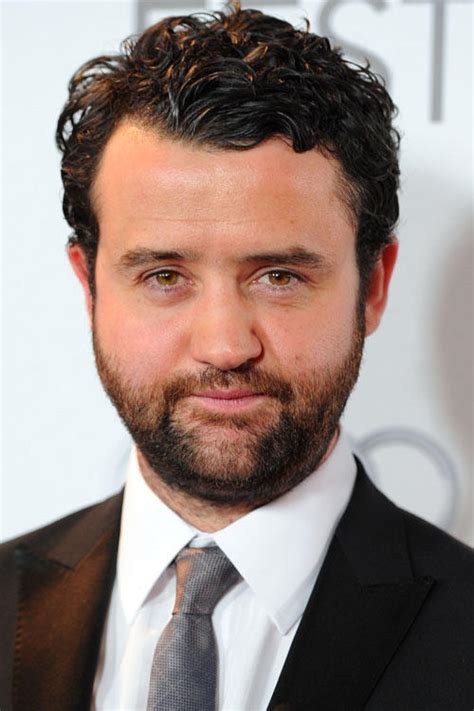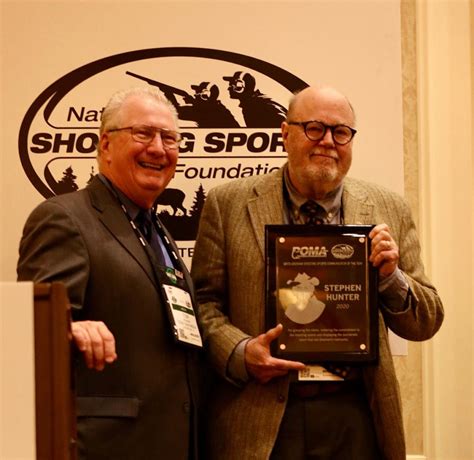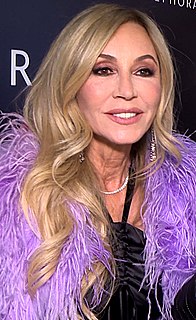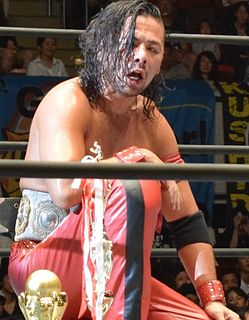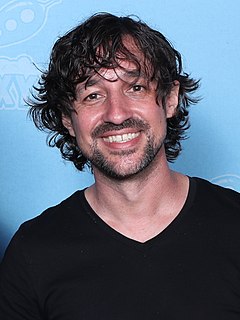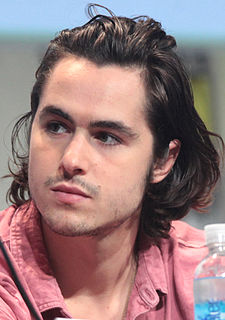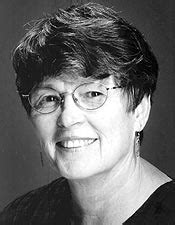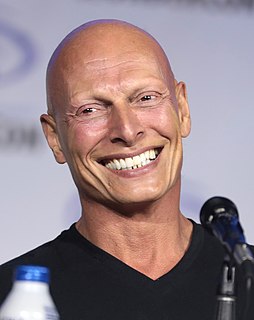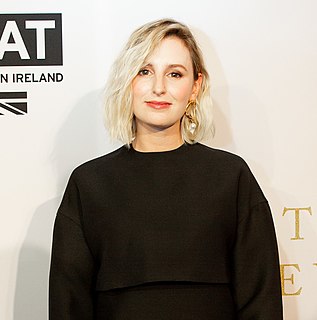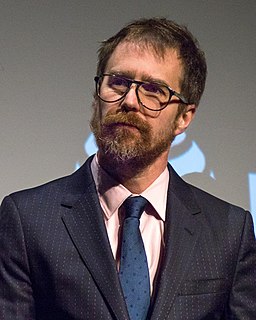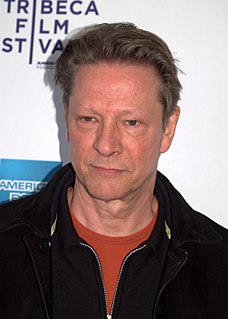A Quote by Daniel Mays
At drama school I learned the Stanislavski technique, which uses sentimental memories and bits of your past to put real emotion into the scene.
Related Quotes
My fear of drama school is that the natural extraordinary but eccentric talent sometimes can't find its place in a drama school. And often that's the greatest talent. And it very much depends on the drama school and how it's run and the teachers. It's a different thing here in America as well because so many of your great actors go to class, which is sort of we don't do in England.
In eighth grade, when I was just the school weirdo, my drama teacher put me in a play, and we came up with a few comedy bits. And that very first reaction, for an audience of supportive middle schoolers, I put my head out and pretended I got scared by the audience, and ducked back in. They all went: 'Yeah! That's great!'
Drama school was the first place I learned that looks can affect your career. It was very horrible at the time. I had a lot of very bad experiences at drama school because of that, from the teachers and the students. In the end, I think it was good for me because it hardened me to the realities of the business early on.
